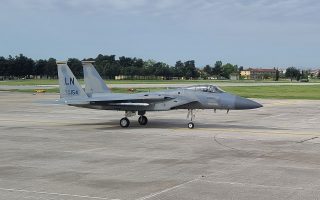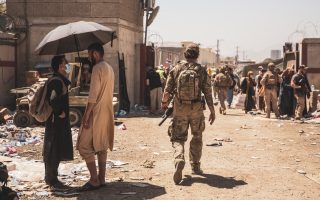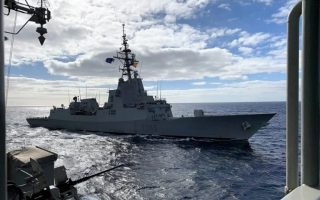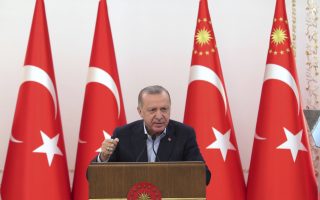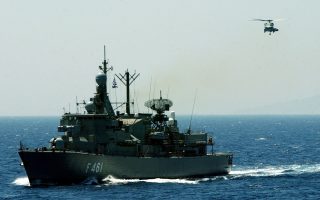Operation Afghanistan: A postmortem
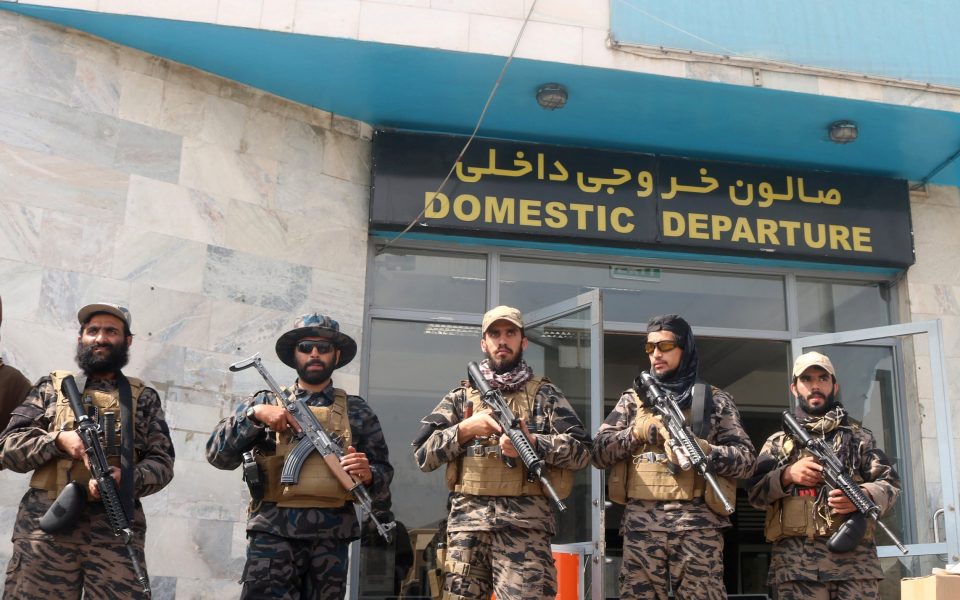
The West’s dramatic exodus from Afghanistan will leave numerous losers and very few clear winners. While the United States’ humiliating exit will be celebrated by the world’s jihadi movements, neither China nor Russia will reap zero-sum benefits from it. Both will now suffer the consequences of regional insecurity, and of Afghanistan possibly being turned into a breeding ground for Islamist extremism and terrorism.
That said, China will likely gain access to Afghanistan’s natural resources in exchange for money and investment. For its part, Pakistan has acquired a friendly neighboring regime to counterbalance India’s influence. Turkey, one of the first countries to which the Taliban turned for support, has emerged as a primary beneficiary – though it, too, will be exposed to the regional instability and face pressure from the rising refugee flows.
An important issue at stake concerns the limits of Western interventionism. The invasion of Afghanistan began in 2001; riding on a wave of patriotic sentiment both in American society and among its international allies, it was initially intended as retaliation for 9/11 and as an operation to eradicate terrorism. Along the way, however, liberal Americans would take up the challenge of building democratic institutions in a country where girls were not allowed to go to school. While (the contemporary version of what departing President Eisenhower in 1961 had denounced as) America’s “military-industrial complex” would latch on to the vast business opportunities on offer in an occupied land – opportunities that would expand in 2003 when, with exemplary cynicism, a new front of operations was opened in Iraq.
Both interventions would end up in ruins, blood and tears. Saddam’s unraveled state would become a base for a horrifying terrorist movement, even worse than the Taliban, with the laid-off and radicalized Sunni civil servants of Saddam’s Iraq joining ISIS in droves.
But Afghanistan was different: It had become a well-intentioned progressive crusade for the Democrats. The Allies tried to establish Western values and institutions in a land with different traditions. The easy conclusion is that they failed, utterly and miserably. When the last plane takes off from Kabul airport, everything will be over.
But that’s only part of the story. Younger generations of Afghans have lived their lives free of the Taliban. Millions of Afghan girls and women were able to access education and independent paid work and to dream of a life different from the one the mullahs now have in store for them. The tens of thousands of people struggling to board that airplane out of Kabul is a potent symbol both of the West’s impotence and of the power of its values and way of life.
Ironically, radical Islam has a comparable universal aspirational potency, which continues to reverberate through the Muslim world as a liberation theology. The brutal truth is that the Taliban did not prevail simply because they had more patience – of the infinite sort that comes with religious fanaticism. They prevailed because they ultimately “won the hearts and minds” of a sizable portion of the Afghan people, who saw them as righteous and effective compared with the corrupt Western-protected Afghan government officials, and embraced them as a result. This is a bitter truth that Western crusades refuse to accept.
The West was unable to convince the Afghans that it was there to stay. Which meant its local collaborators would often tend to be nothing more than fortune-hunters out to get rich quick. The institutional transformation of a country requires the commitment of vast resources and strategic patience. Both ran out in Afghanistan long before success was even on the horizon.
However, it would be petty-minded to conclude that “the West should limit itself to keeping its own house in order.” It would also be plainly wrong. The history of military interventions and institution-building is more than a graveyard of failed attempts. Alongside Vietnam, there is South Korea, where the military engagement of the West allowed a successful and long-lived democracy to emerge out of an initially authoritarian regime. America can also pride itself on the post-war miracles of West Germany and Japan – the most successful examples of transplanting democratic institutions in modern history.
The defeat in Afghanistan should not translate into a free pass for the world’s tyrants to murder their citizens while the civilized world politely turns a blind eye. The West has powerful politico-military tools at its disposal. As an obvious point, Afghanistan is one more wake-up call for the European Union to develop its own strategic autonomy, both within and outside the NATO framework. Surprisingly, Europe, for all its weakness, has already an important contribution to make. As the world’s largest humanitarian donor, it protects millions of civilians in areas affected by war, famine and disaster. It uses its soft power as an economic and development aid superpower to exert pressure on tyrannical regimes in the context of international law and multilateral international institutions. Not as much as it should. But with an awareness of the power of its values, and a humility that comes with knowing the limits of that power.
* George Pagoulatos is a professor at the Athens University of Economics and Business and director general of the Hellenic Foundation for European and Foreign Policy (ELIAMEP). An extended version of this op-ed has been published as an ELIAMEP policy paper and can be accessed here.
